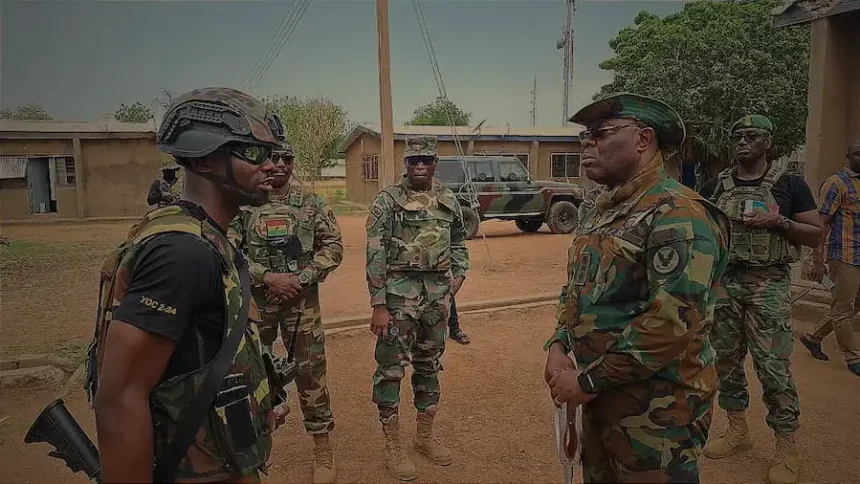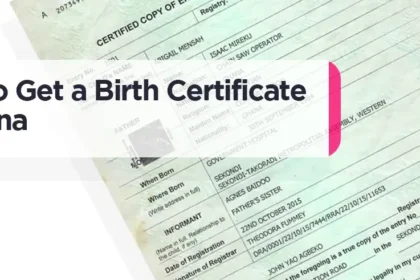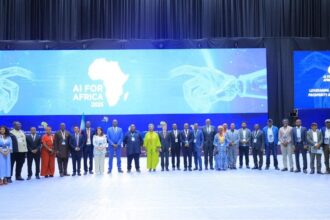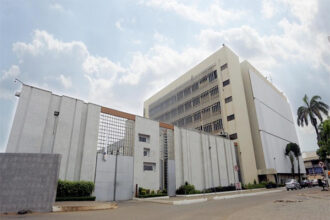Ghana has long enjoyed relative peace while jihadist violence roiled its northern neighbors. But a recent flare-up in Bawku, on the frontier with Burkina Faso, has security experts warning that the calm may finally be under threat. Here’s what’s happening, why it matters, and what’s at stake.
At the heart of Bawku’s troubles is a decades-old standoff over who should wear the town’s traditional “skin” or chieftaincy title. The Mamprusi clan claims historical authority, while the Kusasi, who form the majority, insist it’s their turn to lead. Post-independence politicians often played these factions against each other, hardening resentments and laying the groundwork for recurrent clashes.
Students’ Ambush Raises Concerns
Over the weekend, gunmen targeted three students of the Nalerigu Senior High School on their way home, killing them in an ambush that shocked the nation. In response, the government dispatched troops to Bawku and imposed a curfew from 2 pm to 6 am, aiming to evacuate civilians and secure schools.
Security analysts fear that Burkina Faso’s jihadist insurgency could piggyback on Bawku’s ethnic feud. Extremist groups have grown bolder in Burkina’s east and could exploit local grievances to recruit or smuggle weapons into Ghana. With militants controlling nearly half of Burkina Faso, experts warn that Ghana’s porous northern frontier is a tempting new front for regional terror networks.
Why Security Experts Are Concerned
1. Proximity to Burkina Faso’s Sahelist Instability
Bordering the volatile Sahel region, Ghana shares a 600‑km frontier with Burkina Faso, where armed groups like JNIM (Jama’at Nusrat al‑Islam wal‑Muslimin) and ISGS (Islamic State Greater Sahara) have seized large swaths of territory and displaced millions.
According to U.S. military officials and regional analysts, jihadist networks are rapidly gaining ground, diversified in their operations, and eyeing coastal countries like Ghana for expansion, recruitment, and logistics.
2. Porous Borders as Routes for Extremists and Smuggling
New intelligence reports highlight a smuggling corridor stretching from eastern Burkina Faso into Ghana’s Upper East and North East, used to move arms, cash, fuel, propaganda, and insurgent recruits via disguised convoys.
Thousands of unregulated crossings dot the 600 km border, allowing arms, drugs, and illicit goods to flow south. In recent years, Ghana’s “See Something, Say Something” campaign and the construction of forward operating bases (FOBs) have bolstered defenses, but gaps remain. Experts note that contraband dynamite and small arms recovered in Burkina camps often trace back to northern Ghana’s border communities.
Neither the Mamprusi nor the Kusasi fully trusts state forces. Each side accuses soldiers of siding with their rivals, eroding the security services’ credibility. That perception of bias makes it harder for the military to act as neutral peacekeepers and risks driving communities to seek protection from unofficial armed actors.
Militants have reportedly crossed into northern Ghana to rest, refuel, receive medical care, and recruit, often relying on ethnic ties and local market networks, a strategy tolerated, it seems, to avoid provoking Ghana’s military.
3. Ethnic Discord as Jihadist Cover
Violence in Bawku now appears to blur traditional boundaries: foreign elements have reportedly joined clashes, providing muscle to local disputes. A Semafor investigation in 2023 found gunmen linked to Burkina Faso reportedly involved in recent Bawku skirmishes.
Security analysts warn that the Kusaasi-Mamprusi conflict may serve as fertile ground for militant recruitment, especially among unemployed youth disillusioned by poverty, marginalization, and lack of opportunity.
4. Weak Intelligence and Arms Proliferation
Security specialist Dr. Franklyn Kwasi Biney cautions that delayed or fragmented intelligence in border zones like Bawku could allow arms and foreign fighters to infiltrate undetected, elevating the conflict from a regional to a national crisis.
Curfews, school closures, and military checkpoints have become the new normal in Bawku, disrupting daily life and trade. Local farmers and traders suddenly find their markets shuttered in the late afternoon, while parents weigh the risk of sending children to class. What began as a chieftaincy spat now threatens livelihoods across the Upper East Region.
What Security Experts Recommend
- Maintain a balanced military presence to reassure both communities without showing favoritism.
- Launch grassroots dialogue initiatives that bring together Mamprusi and Kusasi leaders.
- Fast-track the completion of forward operating bases along the northern frontier to deter cross-border incursions.
- Revive and strengthen regional frameworks like the Accra Initiative that foster intelligence sharing among neighboring states.
Why It Matters for All of Ghana
Ghana’s reputation as an oasis of stability in West Africa rests on its ability to contain violence before it metastasizes. Bawku’s conflict isn’t just a local flashpoint but a barometer of whether ethnic grievances and external threats can be managed in tandem. Get this right, and Ghana preserves its hard-won peace. Let it fester, and the ripples could be felt from Tamale to Accra.
This escalating conflict in Bawku, coupled with jihadist threats spilling over from Burkina Faso, tests that stability. Inaction could soon transform local violence into a regional crisis.
Ghana’s success in containing Sahelian chaos depends as much on addressing Bawku’s domestic grievances as on hardening its northern borders. It would be necessary to combine security, diplomacy, and community reconciliation to offer the best chance to transform Bawku from a flashpoint back into a place of peaceful coexistence.









